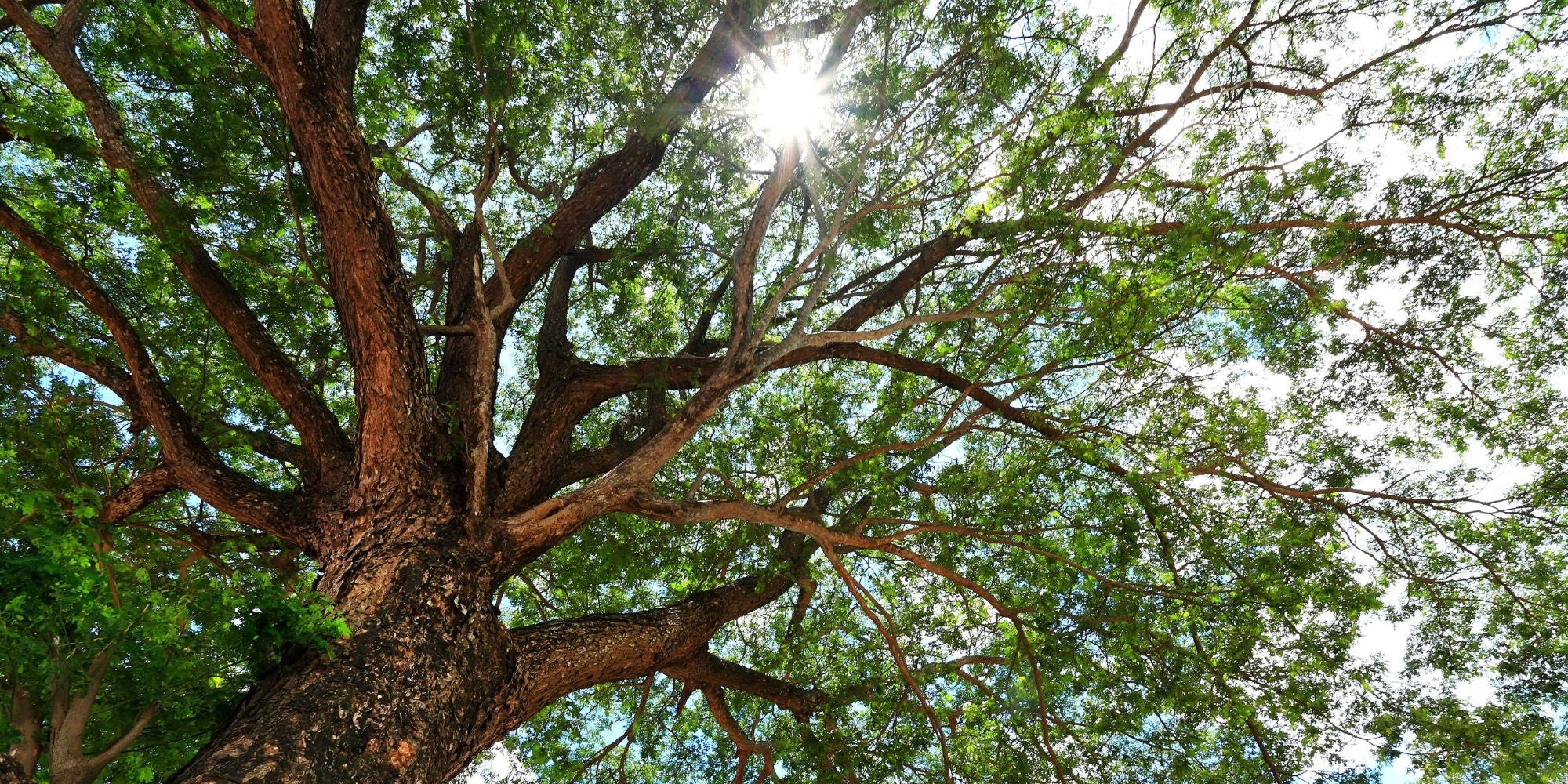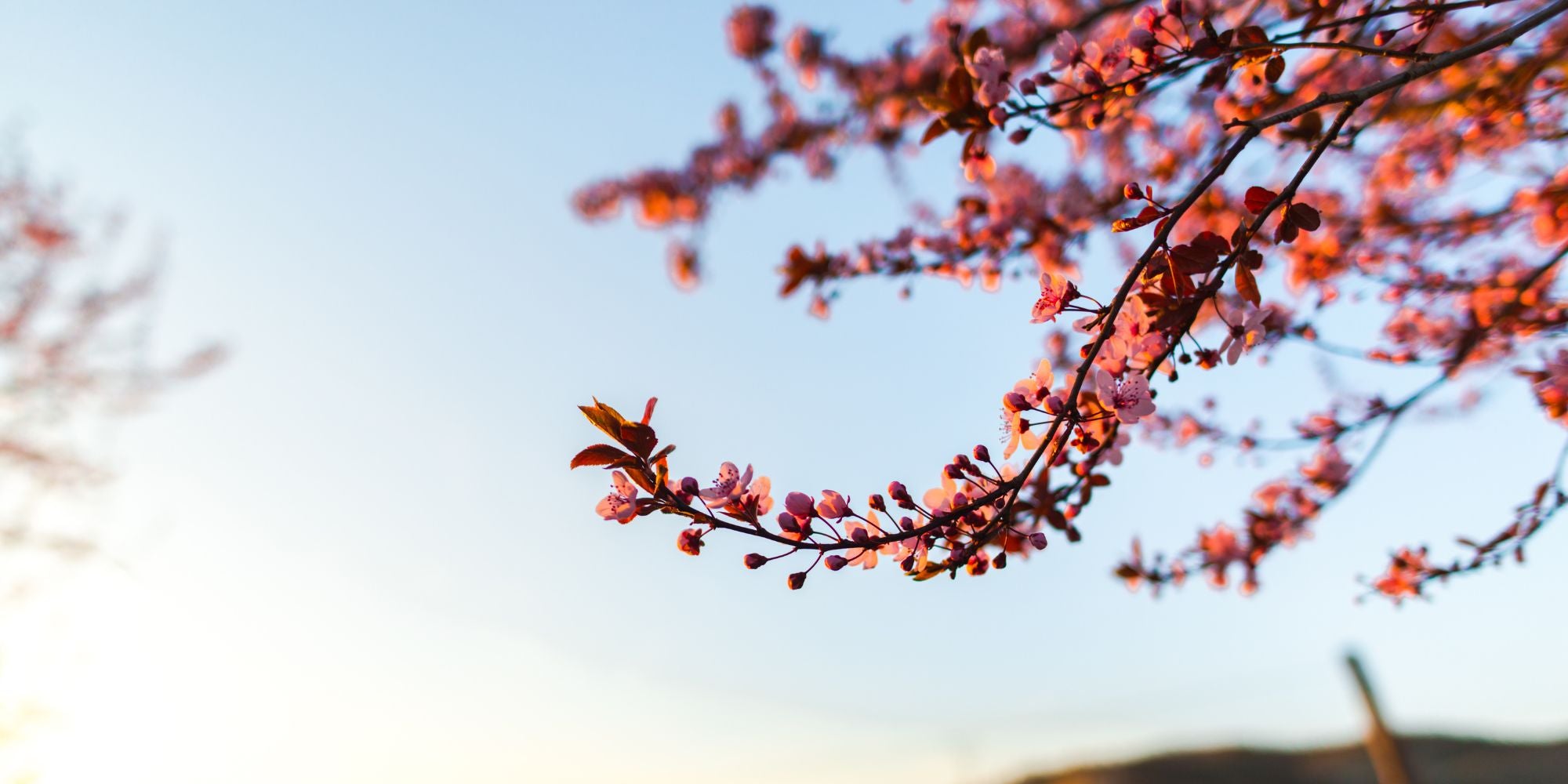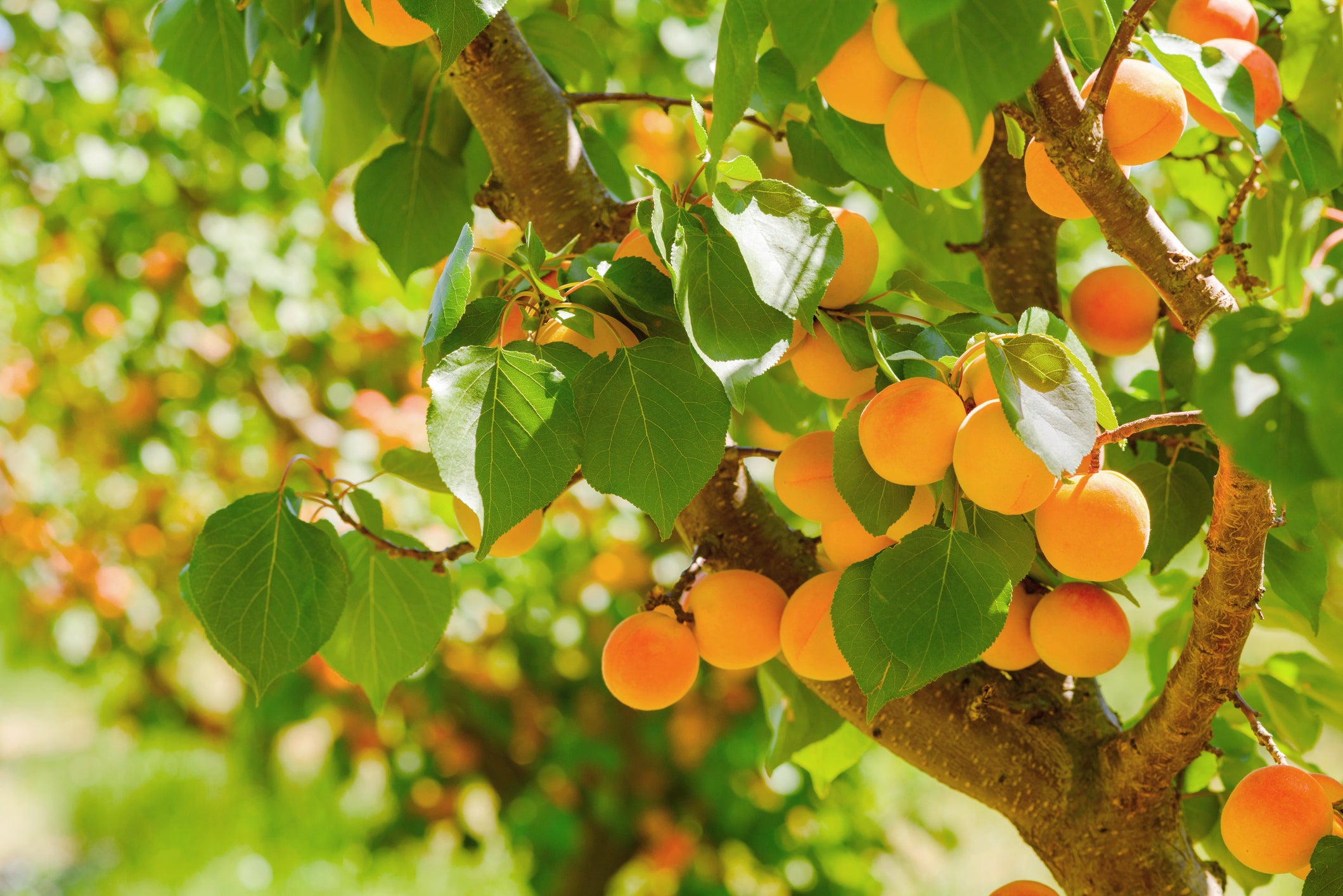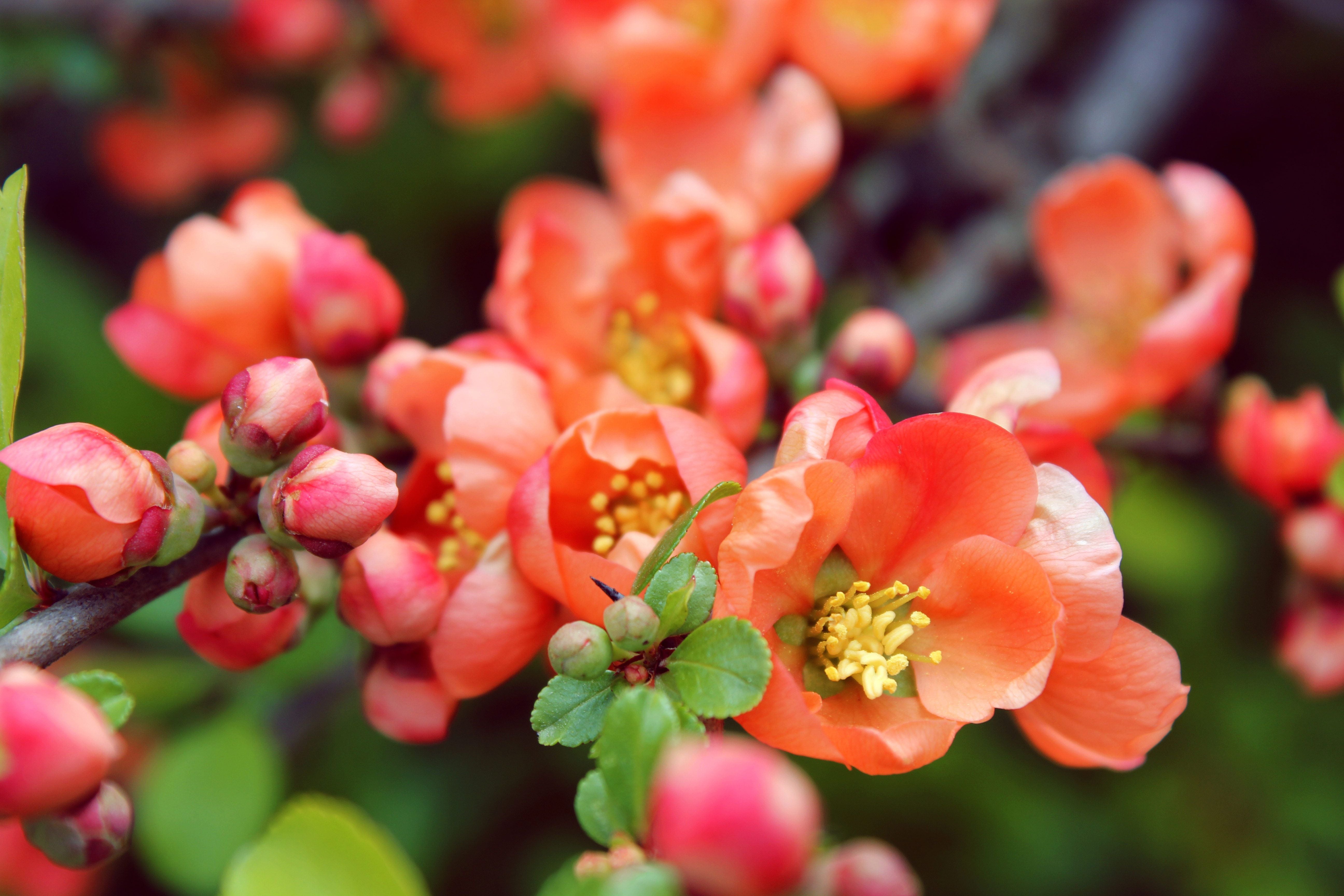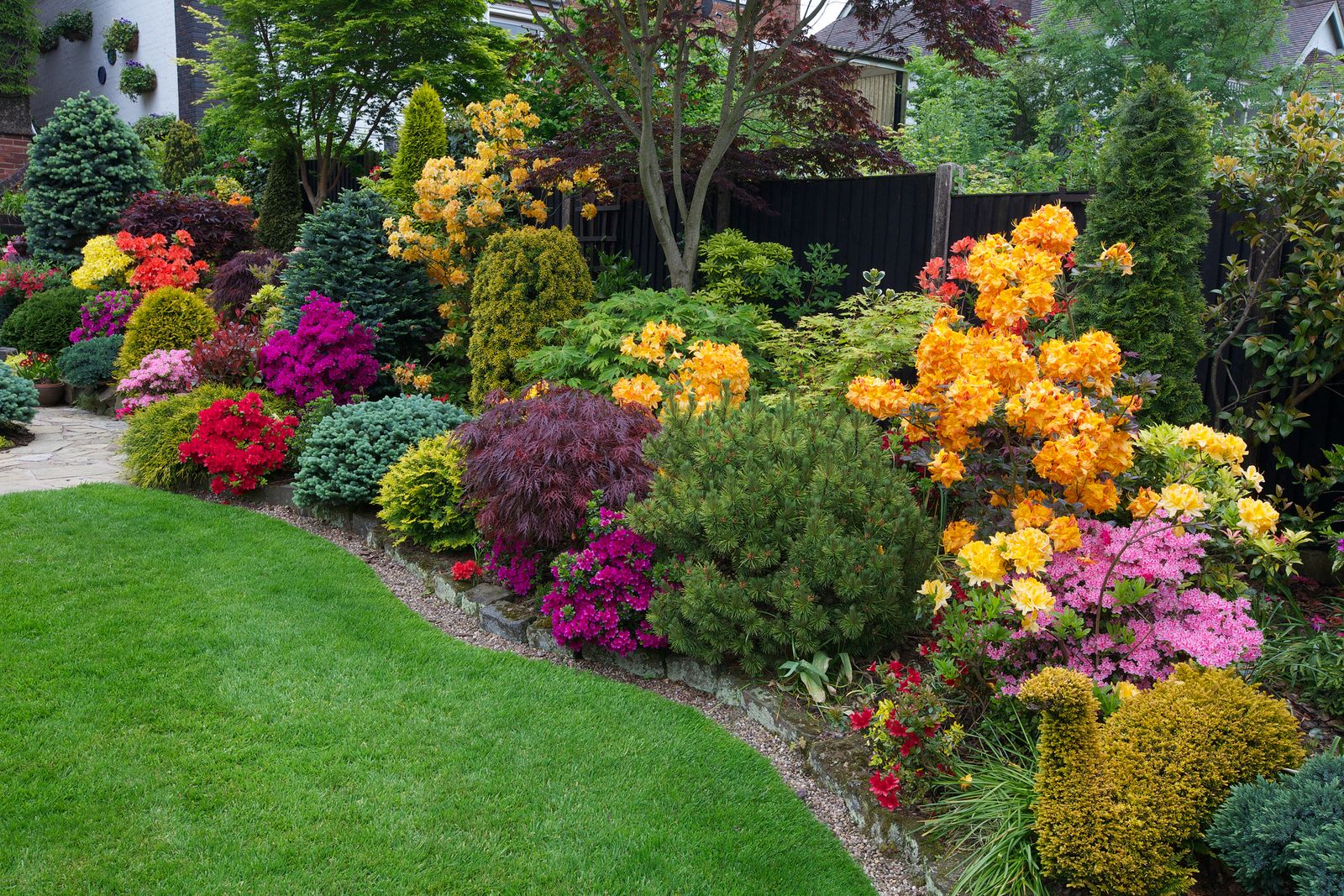13 Easiest Fruit Trees To Grow For Beginners

Starting a fruit garden can be an exciting and rewarding endeavor, especially when you choose the easiest fruit trees to grow. For beginners, selecting the right type of tree is crucial for ensuring success without needing advanced gardening skills. This guide will introduce you to several fruit trees that are not only easy to grow but also provide delicious rewards.
Why Choose Easy-to-Grow Fruit Trees?
Choosing easy-to-grow fruit trees can significantly enhance your gardening experience by reducing maintenance and increasing the likelihood of a fruitful harvest. These trees typically require less pruning and are more resistant to diseases and pests. By starting with less demanding trees, you can build your confidence and gardening skills gradually.
The choice of fruit tree should align with your local climate conditions and the space available in your garden. Trees that adapt well to a wide range of soil types and weather conditions are ideal for beginners. This flexibility ensures they thrive with minimal intervention.
Apple
Apple trees are among the most popular fruit trees for beginners due to their adaptability and the extensive variety of types available. They thrive in temperate climates and can adapt to various soil conditions. Apples are great for those who want a rewarding harvest since they tend to produce fruit reliably once established.
When planting apple trees, ensure they are in a location that receives full sun for the best fruit production. They require moderate watering and some annual pruning to maintain health and maximize fruit yield. Some apple varieties are self-pollinating, but planting more than one variety can improve pollination and increase your fruit yield.
Plum
Plum trees are well-suited for beginners because they require very little pruning compared to other fruit trees. They are adaptable to a variety of soil conditions and are known for their vigorous growth and productivity. Plums are available in many varieties, each with its unique flavor and use.
Plant plum trees in a sunny spot to ensure they get enough light to fruit well. They prefer slightly acidic, well-drained soil. Ensure consistent watering during the growing season, especially when the trees are young or when fruit is developing.
Pear
Pear trees are another excellent choice for beginners because they are less prone to pest and disease problems compared to other fruit trees. They produce beautiful blossoms in spring and delicious fruit in late summer or fall. Pears need similar growing conditions to apples and prefer well-drained soil.
While most pear trees require a partner for cross-pollination, some varieties are self-fertile, making them easier for beginners who might only have space for one tree. Regular watering and some light pruning to remove any damaged or diseased branches are usually all that is required to keep these trees healthy and productive.
Cherry
Cherry trees, particularly sour cherries, are one of the easiest fruit trees to grow. Sour cherries are more disease-resistant than their sweet counterparts and do not require a partner for pollination. These trees are also smaller, making them suitable for gardens where space is limited.
Cherries need full sun and well-drained soil to thrive. They are less demanding in terms of care, needing only occasional pruning to maintain their shape and promote healthy growth. The fruit from cherry trees is perfect for baking and preserves, adding a versatile option to your home garden.
Fig
Fig trees are exceptionally easy to grow, especially in warmer climates. They can also be grown in containers, making them perfect for small spaces or urban gardens. Figs require very little pruning and are not prone to many diseases.
Plant fig trees in areas that receive full sun and have good drainage. They thrive with minimal care, needing only occasional watering once established, as they are drought-tolerant. Figs are ready to harvest when the fruit softens and the skin often cracks, revealing the sweet contents inside.
Peach
Peach trees are ideal for beginner gardeners because they grow rapidly and begin producing within a few years of planting. They thrive in warmer climates and require full sun exposure to produce sweet and juicy fruits. Peach trees need regular watering during the growing season, but once established, they are relatively drought-tolerant.
Choose dwarf varieties if space is limited, as they are easier to manage and still produce abundant fruit. Peaches need some care, including spring fertilization and careful pruning to encourage healthy growth and fruiting. Ensuring proper drainage and sun exposure will minimize the risk of disease.
Nectarine
Nectarine trees are similar to peach trees but bear fruit with smoother skin. They are excellent for beginners because they have similar care requirements and grow well in similar climates. Nectarines provide a delicious summer fruit that requires minimal care beyond the initial setup and annual pruning.
Plant nectarine trees in a sunny spot with well-draining soil to prevent root diseases. They require regular watering, especially during fruit development, to maintain health and ensure a good crop. Like peach trees, they benefit from a structured pruning regimen to enhance sunlight exposure and air circulation among the branches.
Lemon
Lemon trees are perfect for beginners, especially those in warmer climates or for indoor gardening in pots. These citrus trees enjoy full sun and well-drained soil but can also adapt to less than ideal conditions, making them quite resilient. They need consistent watering but should not be overwatered, as this can lead to root rot.
Lemon trees can also be grown indoors with sufficient light, making them versatile for various living situations. Regular feeding with a citrus-specific fertilizer will keep them healthy and productive. Pruning is minimal, focusing only on removing dead or crossing branches to maintain airflow and tree shape.
Mulberry
Mulberry trees are exceptionally easy to grow and require very little maintenance once established. They can adapt to a range of soil types and conditions, although they prefer full sun and well-drained soil. These trees are fast-growing and can provide shade in addition to delicious fruits.
Mulberries do not require much pruning, making them ideal for novice gardeners. They are also relatively pest and disease-free, which reduces the need for chemical treatments. The fruit is tasty and can be used for jams, pies, or eaten fresh from the tree.
Pomegranate
Pomegranate trees are known for their drought tolerance and can thrive in semi-arid conditions once established, making them perfect for drier climates. They enjoy hot, sunny locations and require little watering once they have matured. These trees also have beautiful flowers and are often grown for their ornamental value as well as their fruit.
When planting pomegranate trees, ensure they are in well-drained soil to prevent root diseases. They do not require much pruning, but removing dead or diseased branches will keep the tree healthy and productive. The fruits are rich in antioxidants and offer numerous health benefits, adding another reason to include them in your garden.
Quince
Quince trees are excellent for beginners due to their hardiness and low maintenance needs. They grow well in cooler climates and can tolerate frost, making them versatile for different garden zones. Quinces require full sun and well-drained soil but are not particularly fussy about soil quality.
These trees do not need much pruning and are generally free from serious pests and diseases. Quince fruits are hard and tart, making them excellent for jellies, jams, and other cooked dishes. Their beautiful blossoms in spring also add ornamental value to the garden.
Almond
Almond trees are another great choice for beginners, particularly those in warmer, arid climates similar to the Mediterranean. They need full sun and well-drained soil to thrive and are relatively drought-tolerant once established. Almonds require more water during the flowering and nut development phases but can otherwise do well with minimal irrigation.
Planting almond trees requires a little more space due to their size, but their beautiful spring blossoms and valuable crop make them worth the effort. Regular pruning helps maintain their shape and health, enhancing air circulation and sunlight exposure, which is crucial for fruit development. Almonds are highly nutritious, providing a delicious and healthy addition to any home garden.
Blueberry
Blueberry trees, more accurately termed blueberry bushes, are renowned for their ease of growth and adaptability, making them a favorite among gardeners. They thrive in well-drained, acidic soil and benefit significantly from mulching, which helps retain soil moisture and suppress weeds. The bushes are relatively hardy and resistant to many pests and diseases, which contributes to their low-maintenance appeal.
To successfully grow blueberry bushes, gardeners should plant them in a sunny spot where they can receive at least six hours of sunlight daily. It's crucial to maintain the soil's pH between 4.5 and 5.5, ideally by using sulfur or iron sulfate to lower the pH if necessary. Regular watering, especially during dry spells, and annual pruning to remove older branches will ensure a healthy growth and abundant fruit production.


